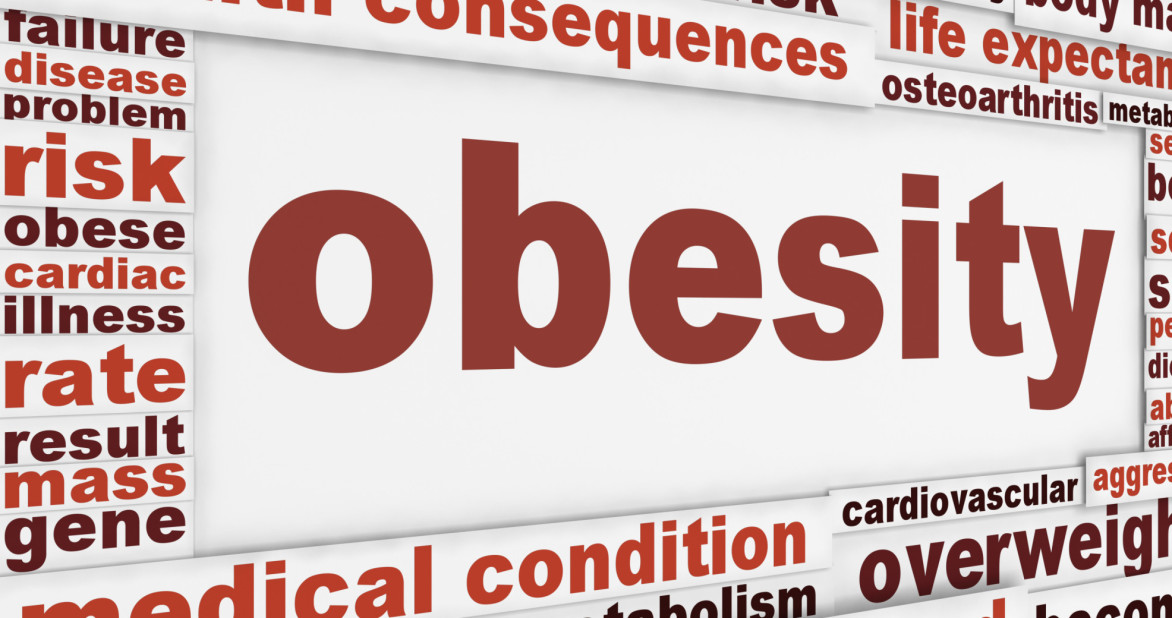Coronary heart complications and diabetes

Coronary heart complications and diabetes can be avoided if we refrain from drugs and alcohol.
Coronary heart complications and diabetes: The known effects
Diabetes is a serious factor in causing coronary heart complications. People who are struggling with diabetes are more likely to develop coronary heart disease than those without diabetes. Understanding the relationship between diabetes and coronary heart complications becomes very important for all patients to enable them take the most appropriate action in keeping healthy. And just for further illustration, from the various studies, experts have established that established that diabetes causes high levels of glucose in the blood and when this happens, it impacts negatively on the walls of the arteries causing them to develop fatty deposits commonly known as atheroma. If this atheroma is allowed to build up in the coronary arteries (the arteries that supply oxygen-rich blood to your heart) the individual patient affected is likely to develop coronary heart disease which can eventually cause heart attack and angina says doctor Dalal Akoury MD and founder of AWAREmed Health and Wellness Resource Center. Now let us try to understand diabetes better in the context of causing coronary heart disease.
Coronary heart complications: Types of diabetes
We have two common types of diabetes namely:
Type 1 diabetes happens when the body lucks the capacity to produce insulin. This type of diabetes is very common with the children and young adults. Type 2 diabetes occurs when your body can’t produce enough insulin or the insulin doesn’t work properly. Type 2 diabetes is more common and tends to develop gradually as people get older usually after the age of 40. This type of diabetes is closely associated with being overweight, being physically inactive and having a family history of diabetes. Like most people in the south Asia origin and African Caribbean are associated with higher rates of diabetes. Nonetheless when diabetes is present, the most important thing is how to eliminate it and reduce the risk of other complications that come with it. Therefore you can effectively reduce your risk of developing diabetes by controlling your weight and doing regular physical activity.
The great news is that doing these things will also make you less likely to develop other cardiovascular diseases such as coronary heart complications/disease and stroke as well as being great for your general mental and physical wellbeing. Whenever we mention engagement in physical activities many people do wonder how and whether they will achieve their set objectives. If this describes you then you need not to worry for you are not alone. The most important thing to do is to resolve to take the first step of acknowledgement and willingness to lose. When this is done you can now seek for a more professional help from doctor Dalal Akoury MD who will take you through the best and natural weight lose exercises in the most professional way that will leave you much healthier. Remember that by losing weight and being active, you will be succeeding in solving several health complications as already mention.
Coronary heart complications and diabetes: The known effects









